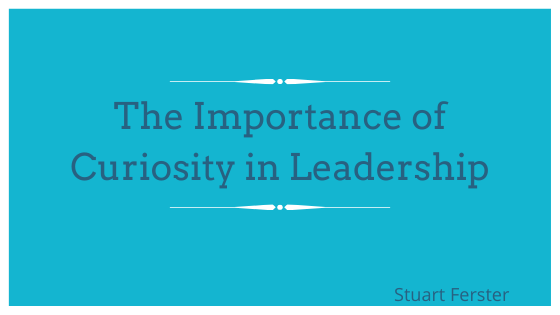The ability to be curious is a critical trait for leaders. It is also a requirement for transforming change. The Covid-19 pandemic and its aftermath presented unique challenges and opportunities for businesses. However, the process of planning and leading a recovery strategy is rooted in principles.
The ability to be curious is a key component of cultivating a culture of employee engagement. This skill can be used to create connections and build strong relationships with colleagues.
Barriers That Inhibit the Development and Deployment of Curiosity
Being curious is also a useful leadership skill that many individuals struggle to integrate into their daily routines. Being curious is about asking questions. Instead of asking generic ones, you use strategic and targeted questions to get in touch with the right information.
Most of the time, leaders have worked with senior executives who have the intention of being great leaders. However, many of them lack the curiosity to ask questions to verify their intentions.
Fear of being judged and the associated fears of being wrong are some of the factors that prevent leaders from being truly curious. Our biases make it difficult for us to be objective in assessing our actions and the company’s performance.
Add Curiosity to the Company Values
Companies that adopt core values regularly adopt specific behaviors for their employees. This behavior-based approach can help build a dedicated and engaged team. Many companies have developed “WOW” values. These words are very inspiring and can be easily exposed as faux values.
The behaviors and actions of leaders can also be easily enhanced by observing the people around them. Lack of these elements can create a toxic work culture and prevent employee engagement. When leaders regularly align their behaviors with the company’s expectations, they create credibility and build strong relationships.
Allowing Curiosity Leads to Innovative and Creative Thinking
The ability to be curious can also be used to encourage engagement. The most significant barrier to engagement is fear, which can prevent people from offering their opinions. Creating a culture of curiosity can help remove the sources of anxiety that prevent people from engaging.
The people who make the products and services we deliver are the ones who can provide the most innovative ideas and solutions. Get curious: the simple act of asking great questions can help you develop and deliver extraordinary results.

